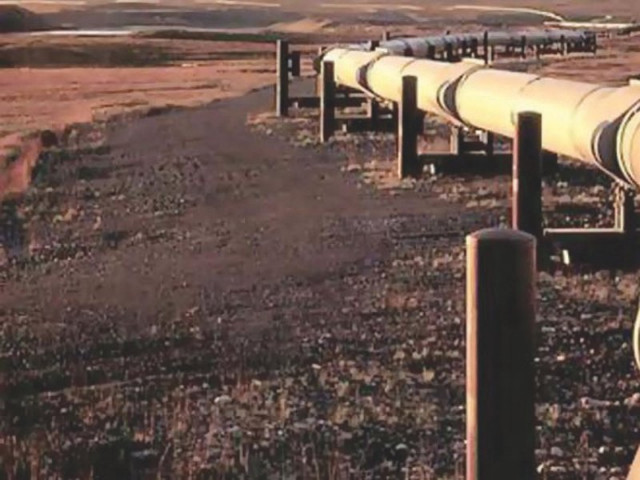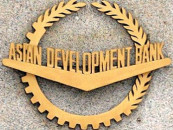OGRA, ministry endorse cap on chemical use in petrol
Refineries using ‘permissible additives’ to produce RON 90 gasoline

OGRA under pressure PHOTO: FILE
A senior government official told The Express Tribune that the OCAC - an association of oil refineries and marketing companies - told a committee, formed to find a way to limit the mixing of chemicals in petrol, that metals had never been part of the specification for local or imported gasoline.
In November 2016, the government had decided to upgrade the quality of motor gasoline (petrol) by introducing three grades namely Research Octane Number (RON) 92, 95 and 97 by replacing RON 87. Local refineries were also asked to produce RON 90 gasoline.
The OCAC pointed out that refineries had installed isomerisation units on the directive of the government to produce Euro-II-compliant RON 87 gasoline and further upgrade was not possible immediately. Therefore, currently the refineries were using a combination of Methylcyclopentadienyl Manganese Tricarbonyl (MMT) and 1% NMA, an additive, to achieve RON 90 specification.
The OCAC, on behalf of the refineries and oil marketing companies, recommended that manganese specification for local and imported Euro-II gasoline should be limited to 54 milligrammes per litre (mg/l) whereas no other addition of ferrocene or any other iron-based octane blending additive was permitted. Ogra supported the OCAC’s recommendations.
The director general oil pointed out that there were no definitive and defined limits for manganese and ferrocene levels in gasoline.
In a complaint, Honda Atlas Cars said analytical results of gasoline samples indicated manganese content in the range of 37-70 parts per million, he said, adding the limit should be reduced to 33 mg/l instead of 54 mg/l.
Meanwhile, the OCAC in a statement said additives were used worldwide by the oil industry in most petroleum products in order to ensure full adherence to the approved quality parameters.
Some of these such as octane boosters lead and MTBE in the case of petrol were banned or phased out decades ago because of being harmful to human health and were not being used in Pakistan as well.
According to the OCAC, MMT is a manganese-based fuel additive used in lead replacement as it is the only octane booster additive which enables old car engines to run with unleaded fuel. By using MMT, refineries can reduce the content of benzene, aromatics and olefins, hence lowering more internationally recognised harmful-to-health chemicals.
MMT use in Pakistan was started by the refineries over 10 years ago after extensive due diligence and after ascertaining that both the US Environment Protection Agency (EPA) and an independent European Union risk assessment confirmed that the use of MMT as an octane improver in fuel would not cause adverse effects on human health or the environment.
Published in The Express Tribune, March 14th, 2018.
Like Business on Facebook, follow @TribuneBiz on Twitter to stay informed and join in the conversation.



















COMMENTS
Comments are moderated and generally will be posted if they are on-topic and not abusive.
For more information, please see our Comments FAQ